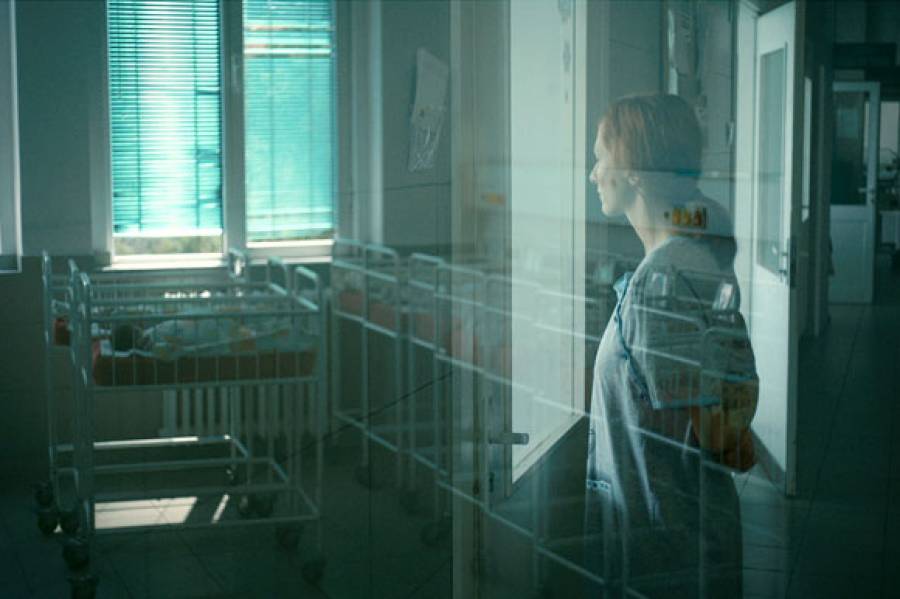
Dir.: Nadejda Koseva; Cast: Martina Apostolova, Hristo Ushev, Kasiel Noah-Asher, Irina Jambonas, Alexander Kossev, Krassimir Dokov; Bulgaria 2018, 96 min.
Nadejda Koseva’s debut drama very much echoes the work of her compatriot Kristina Grozeva (The Lesson). Carried by talented newcomer Martina Apostolova in the title role, Koseva portrays a woman’s struggle with men and society in general. Unflinching and always ready to challenge inequality, Irina is full of passion and drive – but she must also discover what it means to love and to forgive.
Irina (Apostolava) is caught in a poverty trap. She works part-time in a restaurant near the capital Sofia, while work-shy husband Sasho (Ushev) is a stay at home father. Returning there one day, she surprises Shaso on the hop with her sister Lyudmila (Noah-Asher) but decides to turn a blind eye and instead invites the two for a drink: “I’m giving a party, I’ve been fired”. Shortly after, Shaso gets his comeuppance during a robbery at the nearby coal-mine, and is buried under the collapsed pit props. Irena saves his life, but suspects that their neighbour Varlam (Dokov) might have been responsible for the accident. But life goes on with Irina desperate for work but unsuccessful for the most part . After trying her luck as a prostitute, she answers a newspaper ad, and agrees to become a surrogate mother for payment. The wealthy couple, Eva (Jambonas) and Bozhidar (Kossev), are living in a parallel universe in Sofia, but Irina has nothing but contempt and judges them harshly. Another tragedy will bring her life firmly into focus.
For most of the time, Koseva conveys her message non-verbally, but in the opening scene, when Shasho badgers her for sex (but is happy to drink instead the beer Irina stole for him), she voices her unhappiness: “I wish I wasn’t alive”. Later on, symbolic gestures are enough: Bozhidar offers her a lift home from her gynaecological appointments in Sofia, but she prefers to take the bus. We see her refusal to be driven from the outside of the car, its windows one of many partitions, like that of the doctor’s office, which show her dis-enfranchisement. Somehow, these systemic fractures see Irina as a rank outsider trying to make her mark.
Apart from Apostolova’s strong performance, Kiril Prodanov’s striking images show that wealth can also be a trap: the many mirrors and alcoves are again partitions which shield the inhabitants from the outside world. Koseva directs with great verve and confidence in this watchable debut, building on the experience gleaned from her short films. AS
IN COMPETITION | MARRAKECH INTERNATIONAL FILM FESTIVAL 2018